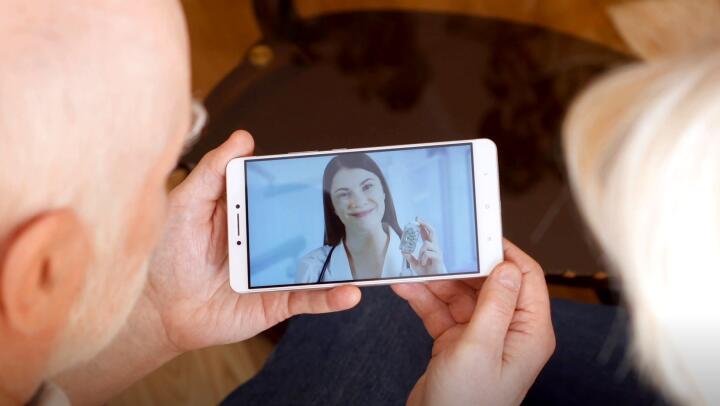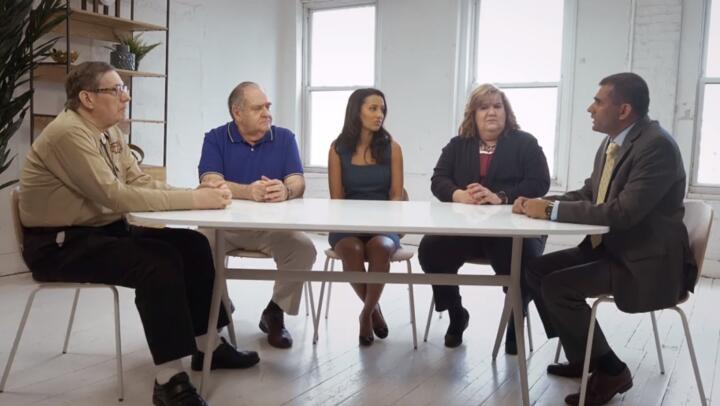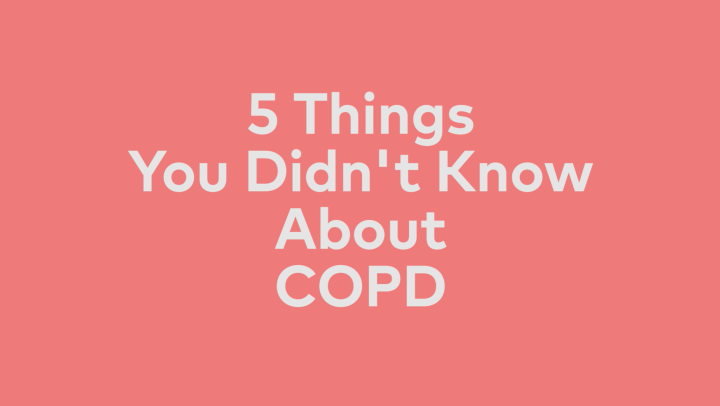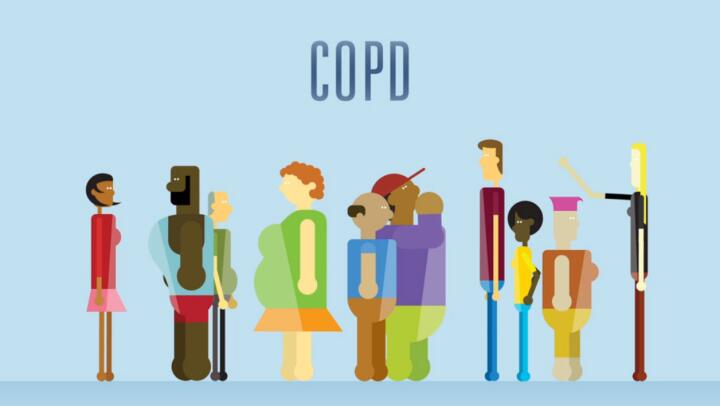Failure to stick with COPD medications can lead to flare-ups when symptoms get worse. Consider these tried and true strategies for committing to your treatment regimen.

Chronic obstructive pulmonary disease, or COPD, is a progressive disease that affects as many as 12 million people in the United States. Although there’s no cure for COPD, there are many effective treatments.
If you’re not taking your medications as prescribed, however, you’ll have a harder time keeping your symptoms under control. This can lead to flare-ups, in which symptoms become worse. And when COPD isn’t properly managed, you’ll experience more damage to your lungs and other affected parts of the body.
Many people with COPD may also be taking a number of other medicines for other conditions, so sticking with COPD medications can be tricky. Consider these tried-and-true adherence strategies to help you get started.
1. Know exactly what you’re taking.
You can’t stick to your COPD medication instructions if you’re not sure what they are! Talk to your healthcare team about your medications so you fully understand what drugs you’re taking and how often to take them. Don’t be afraid to ask for help if you’re confused or unclear.
2. Establish a daily routine.
Consider your other daily routines. Tie those daily habits like brushing your teeth in the morning or eating breakfast to your medication schedule. You’re less likely to skip important steps like taking your medication if it becomes a habit, too.
3. Make a chart.
Some people make charts to help them stay on top of chores or household projects. A chart that lists all your medications, including the specific dosages and when to take them, can help you stay on top of your medications.
4. Use a weekly pill box.
If you’re taking medications in pill form, buy a pill organizer. Load it up for each day at the beginning of the week. That way, you’ll know at a glance if you’ve already taken your pill or pills for the day.
5. Take advantage of technology.
If you use a smartphone, set up a recurring reminder on your phone for each medication that you take. You’ll get alerts at the appropriate times to take your meds, which will tip you off in case you forget or get distracted.
6. Don’t brush off side effects.
Some COPD medications may cause side effects that range from mild to moderate. If you’re experiencing side effects that are unpleasant or hard to tolerate, you might be less likely to take your medication correctly. Tell your healthcare provider so you can discuss your options, which may include switching to a different medication.
7. Keep a day’s worth of medication with you.
Remember the old expression “never leave home without it”? Always bring at least an entire day’s worth of medication with you so you can stick to your schedule if something unexpected happens.
8. Keep a copy of your prescription with you.
This is especially important if you’re traveling. If something happens to your COPD medications, you can visit a nearby pharmacy and show them your prescription.
Parting thoughts
As you continue to treat your COPD, you may find other strategies that help you stick with your treatment plan and manage your condition effectively. You might even ask other people with COPD for suggestions, since they may have found other strategies that might also work for you.
Don’t get discouraged if you’re not completely satisfied with your first medication or set of medications. It may take some trial and error to find the best adherence plan for you. Your symptoms may change, too, which could warrant some changes to your medications, but finding a good routine will help you stay on track. You can make COPD adherence a good habit once you find what works best for you.
















